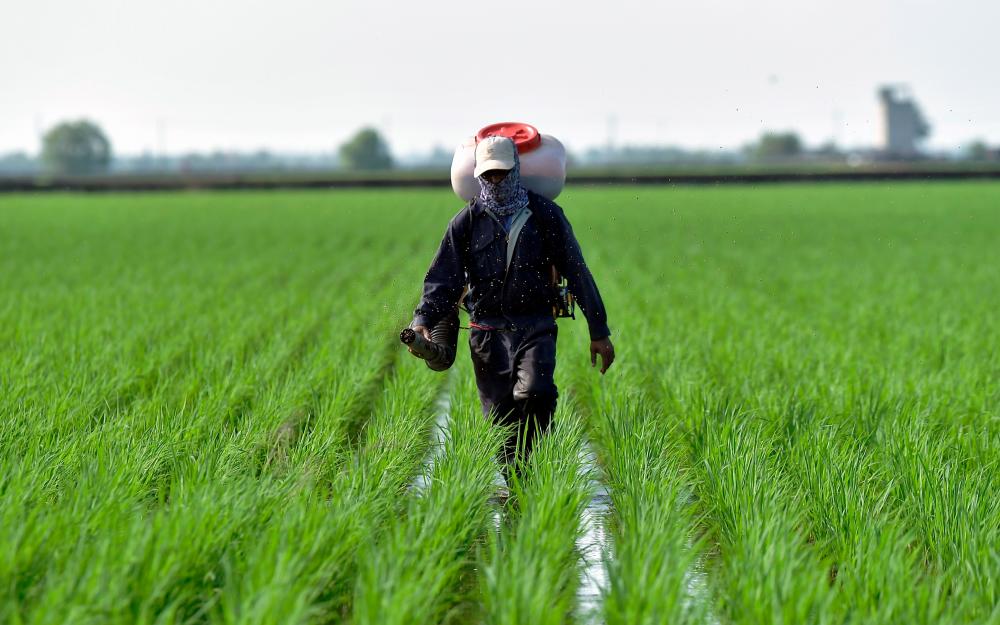KUALA LUMPUR: An expert has called for urgent reforms in the agriculture sector to boost food security and for the removal of inefficient government officials to address the financial plight of padi farmers.
Universiti Putra Malaysia (UPM) Institute of Tropical Agriculture and Food Security consultant fellow Prof Datin Dr Fatimah Mohamed Arshad was commenting on the recently released 2022 Auditor General’s Report.
“Placing inefficient government officials in key positions leads to the mishandling of public funds, as has been seen in various agricultural projects.
“This is a key factor in the income distribution problems faced by padi farmers and such officials should be immediately removed,” she said.
While raising concerns about the financial plight of the farmers, the Auditor General’s Report also revealed nearly a quarter of them earned less than RM600 a month.
The 2021 Rice and Rice Industry Statistics report also revealed the estimated monthly income for each hectare of padi production was just RM629.76.
“About 22.7% of Malaysia’s 77,275 padi farmers fall into this income category, requiring urgent measures to address the challenges in this crucial sector.
“Specifically, over 26,000 farmers earn between RM600 and RM1,499.99, with an additional 15,116 falling in the RM1,500 to RM2,499.99 income range.
“To surpass the national poverty line of RM2,208 per month, padi farmers would need to cultivate a minimum of 3.6ha of land,’ the report said.
Fatimah also raised the issue of “lack of competitiveness” of rice markets, saying it is being controlled by only 12 suppliers with significant market power.
“Moving away from centralised distribution and fostering competition can open doors for young entrepreneurs in agriculture.”
Fatimah said while these issues shed light on the economic challenges faced by padi farmers, it is noteworthy to recognise that efforts have been made to improve the agriculture sector.
“The government has transformed the agriculture sector by promoting technology, implementing market reforms and empowering farmers with smart policies to produce a resilient, fair and sustainable food system.
“However, we still need swift action to break the cycle of poverty among padi farmers by having farmer-led cooperatives modelled after successful examples in Taiwan, Korea and India.”
She also said using “smart agriculture technology” and having centralised distribution, limited seed suppliers and few equipment manufacturers limit economic opportunities for farmers.
Fatimah added that by not fully utilising the funds allocated for farming technology, Malaysia would not reduce its reliance on labour, support eco-friendly practices, or improve productivity.
To empower farmers and encourage competition, she urged the government to shift its role and support the farming sector through research, development and training.
“This should also involve breaking up monopolies, welcoming new entrepreneurs and promoting technological innovations in supply chains.
“Malaysia should invest more in smart climate agriculture with an approach to improve efficiency, cut costs, enhance sustainability and ensure the farmers are economically stable.”
She emphasised that a “fair food system” requires a competitive market without monopolies, adding that this would create a level playing field for farmers and entrepreneurs and allow them to lead organisations that drive the transformation.
“By learning from successful models worldwide and incorporating technological advancements, we can build a vibrant agricultural sector that ensures food security, empowers farmers and contributes to the nation’s overall prosperity.”









